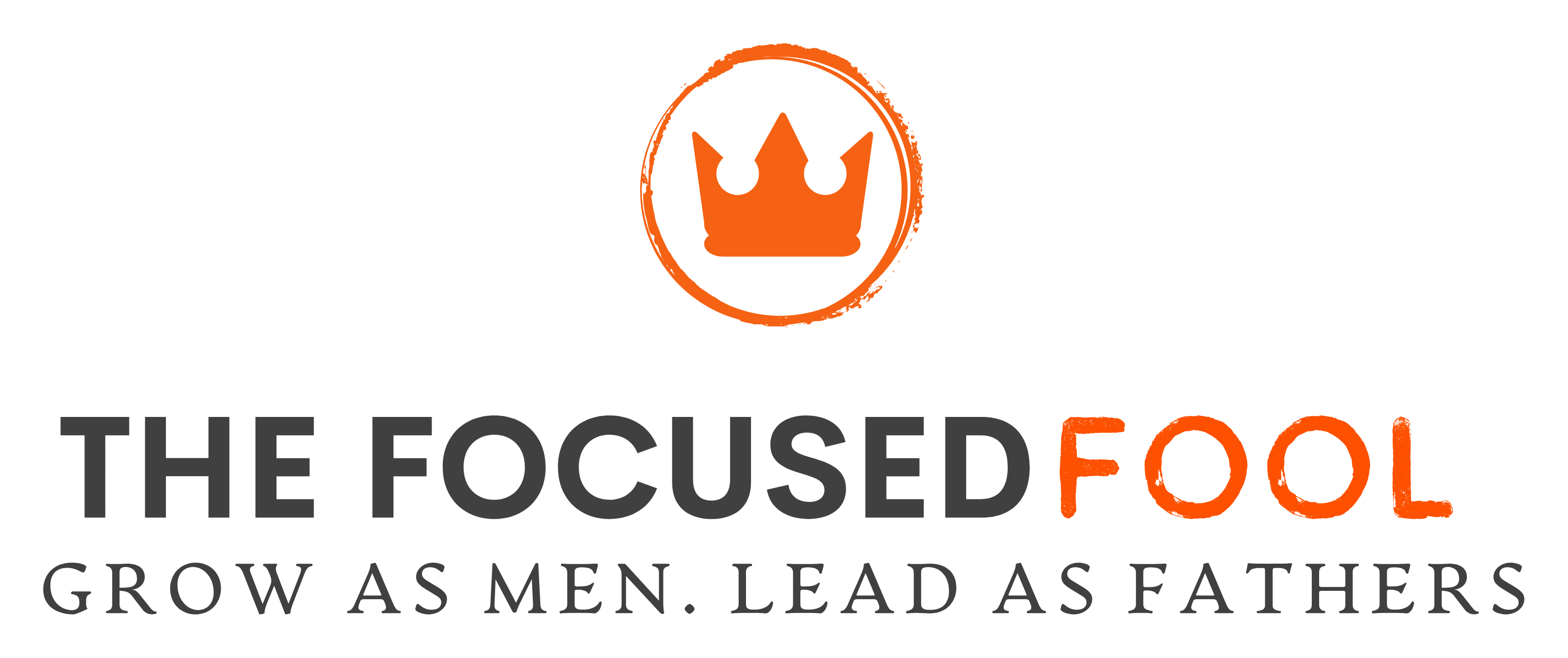You’re scrolling through social media when it hits you again—that familiar pang of inadequacy. Your friend’s perfect family vacation in Costa Rica. Another dad’s impressive promotion. Someone else’s beautiful custom home. Meanwhile, you’re sitting on your couch in sweatpants, surrounded by unfolded laundry, having just negotiated a 20-minute battle with your son about finishing his math homework.
You type “Looks amazing! So happy for you guys!” But what you’re actually feeling is a complicated cocktail of emotions: genuine happiness mixed with comparison, inadequacy, and that peculiar modern ailment—FOMO (fear of missing out).
You’re not alone in this silent competition that’s shaping your self-perception, your decisions, and your satisfaction with life.
The Silent Competition Among Fathers
There’s a quiet race playing out among men—especially fathers. We don’t talk about it openly, but it silently shapes how we see ourselves, what we chase, and how we measure satisfaction.
This competition shows up in subtle but powerful ways:
- Career achievement: Who has the most impressive title, the fastest-growing company, the biggest impact
- Financial success: Who has the nicest house, takes the best vacations, can afford the most opportunities for their kids
- Parenting approach: Who has the most well-behaved children, the most impressive extracurricular achievements, the strongest family bonds
- Life balance: Who seems to effortlessly juggle it all while remaining fit, calm, and present
What makes this particularly insidious is how invisible it often is. We rarely admit we’re measuring ourselves this way, yet it guides everything—from the risks we take, to the guilt we carry, to the goals we silently pursue.
The Comparison Trap’s Modern Amplification
Comparison isn’t new—but it’s louder now.
Social Media’s Highlight Reels
Platforms like Instagram, Facebook, and LinkedIn have transformed comparison from an occasional itch into a near-constant buzz. We’re not just seeing neighbors—we’re exposed to curated glimpses of former classmates, coworkers, influencers, and strangers with perfect smiles and perfect lives.
We don’t see the argument before the beach photo. We don’t see the late nights, the loneliness, the stress behind the filtered success. We scroll, compare, and wonder if we’re falling behind.
The Expanding Definition of a “Good Dad”
A generation ago, being a good father mostly meant providing financially. Today, the job description has ballooned. We’re expected to be:
- Financially secure
- Emotionally intelligent
- Deeply engaged
- Fit and present
- Passionate, balanced, and purpose-driven
That’s not a bad thing. It’s progress. But it also means more ways to feel like you’re not enough.
Unfiltered Access to Everyone’s Wins
Before social media, you only compared yourself to the people you regularly saw. Now you have access to everyone—from your high school lab partner to your friend’s brother’s college roommate. That means you’re always aware of someone doing better in some area of life. It’s exhausting.
The Real Cost of Comparison
The comparison trap doesn’t just bruise the ego—it slowly chips away at your internal foundation. It drains your energy, fogs your mind, and hijacks your attention when you should be present with your family. Even when you’re there physically, part of you is still measuring, still calculating, still losing.
And just when you think you’ve caught up, the finish line moves. The house upgrade. The next vacation. The job title. Satisfaction stays just out of reach. You keep running, but you’re stuck on the same treadmill—one that someone else built, with someone else’s goals in mind.
Worst of all, you begin to forget what mattered to you before the comparison began. Your values warp. Your ambitions shift. You say yes to things that look good from the outside but feel hollow when you get there.
This doesn’t just stay inside. It spills into how we treat our partners, our children, and ourselves. We chase things we don’t really want. We pressure our kids to perform. We become emotionally unavailable—physically there but mentally elsewhere.
My Personal Comparison Triggers
I’ve become more aware of my own comparison triggers over time. For me, they include:
- Social media vacation posts: Seeing friends with seemingly similar careers enjoying exotic trips when we’re struggling to plan even a modest getaway
- Career announcements: When peers announce new ventures, promotions, or business successes that make my own path seem less impressive
- Parenting style differences: When I see other fathers who seem more patient, more creative, or more naturally engaged with their children
- Lifestyle markers: Homes, cars, and experiences that suggest a level of financial success I haven’t achieved
Simply naming these triggers has been an important step in reducing their power. When I notice the familiar pang of comparison, I can recognize it for what it is rather than letting it silently shape my mood and decisions.
Strategies for Escaping the Comparison Trap
I’m not alone in this, and neither are you. Studies show that over 60% of people feel worse about their lives after using social media, even though they keep returning to it. That hit of dopamine we get from scrolling is often followed by a slow drip of self-doubt.
Through trial and error, conversations with other fathers, and some intentional work, I’ve found ways to loosen comparison’s grip. Not perfectly. Not permanently. But enough to breathe again.
From Competition to Collaboration
The most transformative shift has been moving from seeing other fathers as competition to viewing them as collaborators in the shared project of raising the next generation.
When I catch myself feeling envious of another father’s success, I try to reframe it as inspiration—what can I learn from his approach? When I notice myself feeling superior in some area, I look for opportunities to be helpful rather than using the comparison to boost my ego.
This shift from competition to collaboration doesn’t happen overnight. It’s a practice I return to daily, sometimes hourly. But each time I make this mental pivot, it becomes a little more natural.
The Freedom of Enough
Perhaps the deepest antidote to comparison is embracing the concept of enough—the radical idea that what I have, who I am, and what I’ve achieved might already be sufficient.
Not perfect. Not without room for growth. But fundamentally enough.
- Enough success to provide for my family’s needs
- Enough presence to build meaningful connections with my children
- Enough wisdom to guide them through life’s challenges
- Enough resources to create a life of meaning and purpose
When I can rest in this sense of enough, the unspoken competition loses its power. I can double-tap my friend’s vacation photos with genuine happiness rather than hidden envy. I can celebrate others’ successes without feeling diminished by them. I can focus on my family’s unique journey without constantly looking over my shoulder at others’ paths.
And in that freedom from comparison, I find something comparison can never provide: contentment with the life I’m actually living, not the one I think I should have based on others’ highlight reels.
The next time you feel that familiar pang of comparison—whether scrolling through social media, hearing about a friend’s promotion, or watching another dad effortlessly connect with his children—remember that you’re not alone in that feeling. It’s part of our shared human experience, especially in today’s hyperconnected world.
But also remember that you have a choice in how you respond to that feeling. You can let it silently drive your decisions and drain your contentment, or you can recognize it, name it, and choose a different path—one defined by your authentic values rather than unspoken competition.
That choice has made all the difference for me. I hope it might for you, too.
The Focused Fool Newsletter – Growing as a Man. Leading as a Father.


Leave a Reply